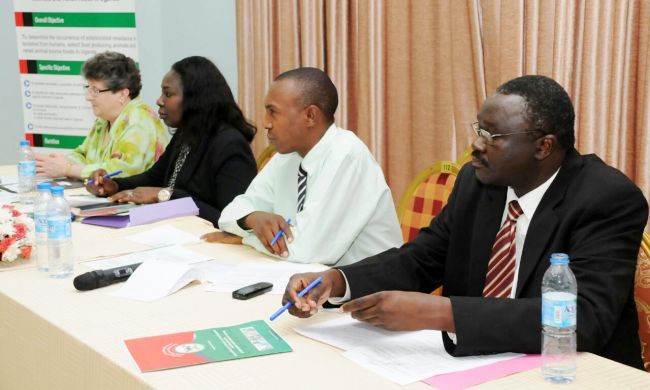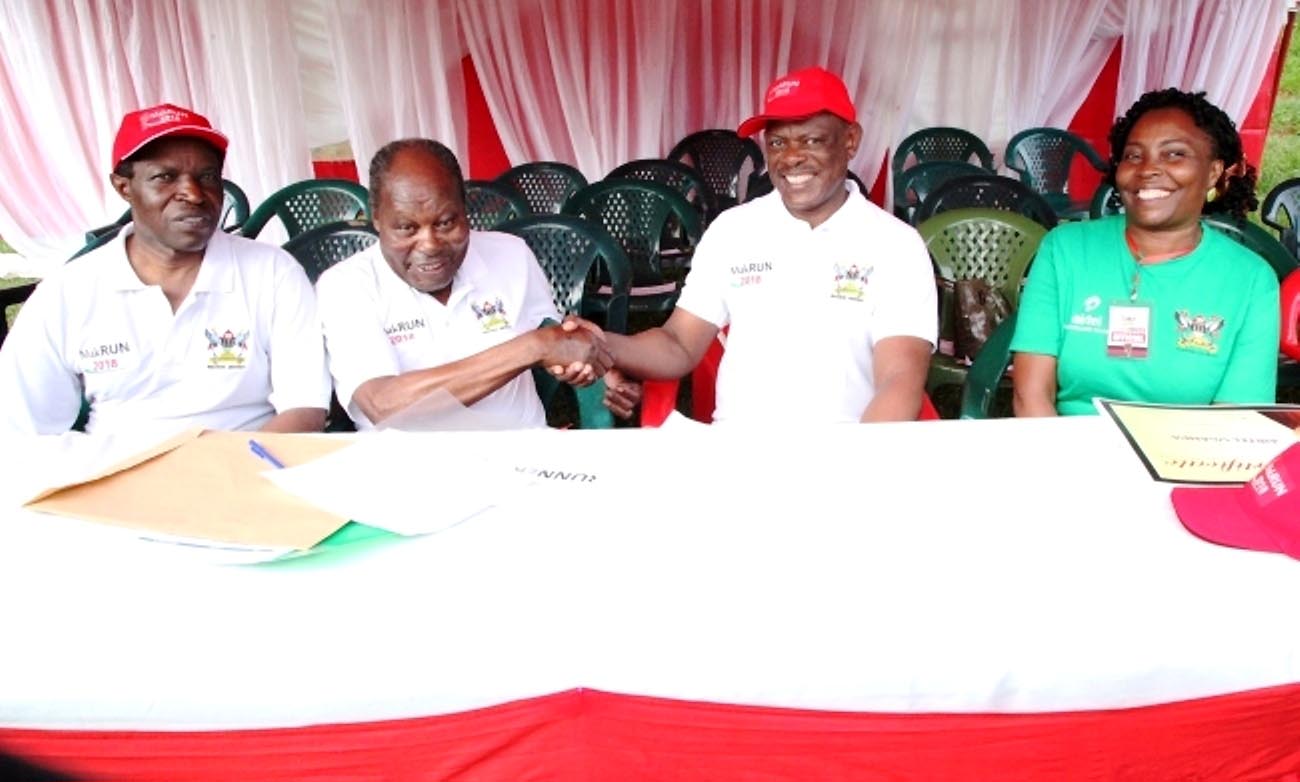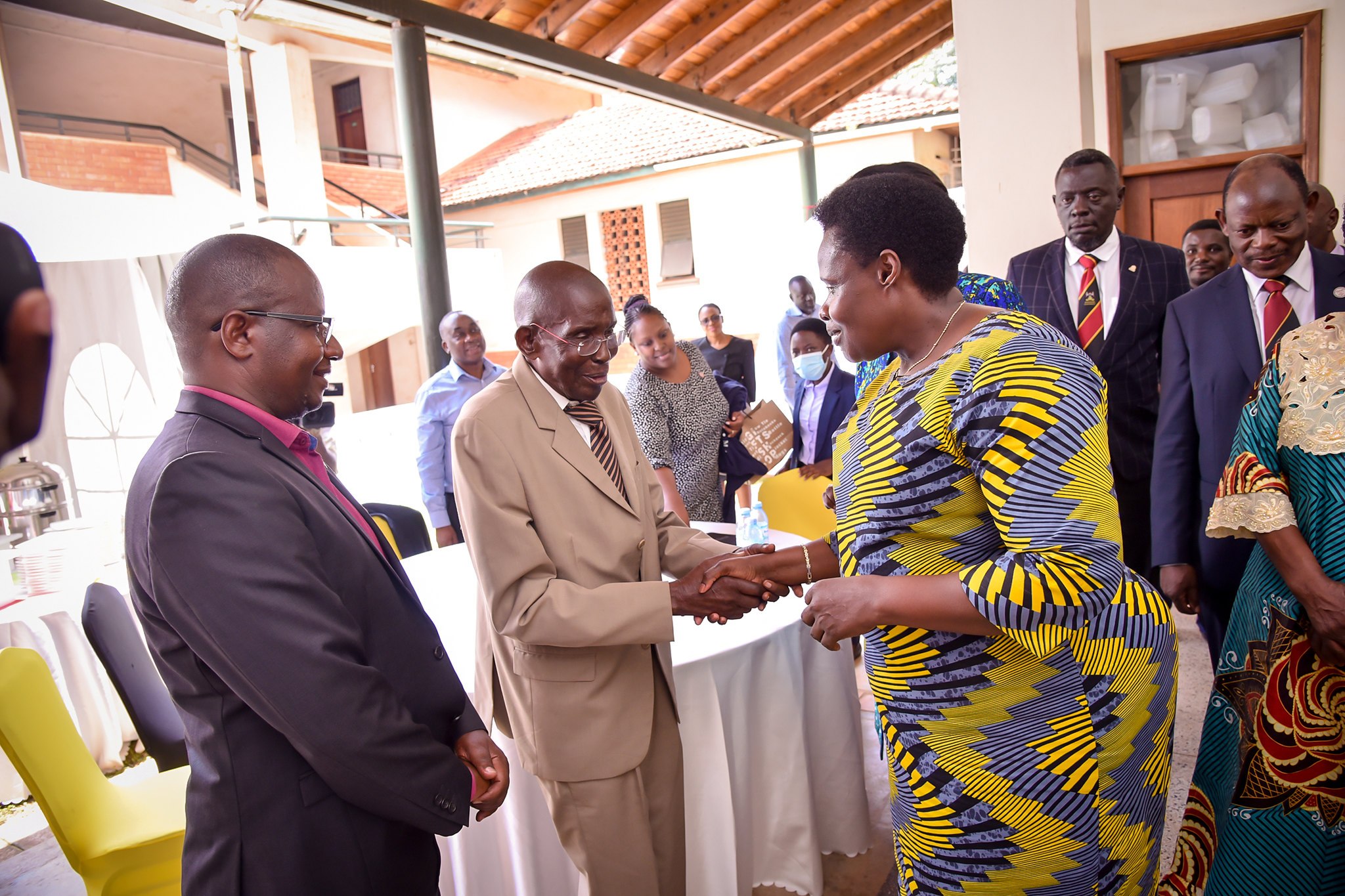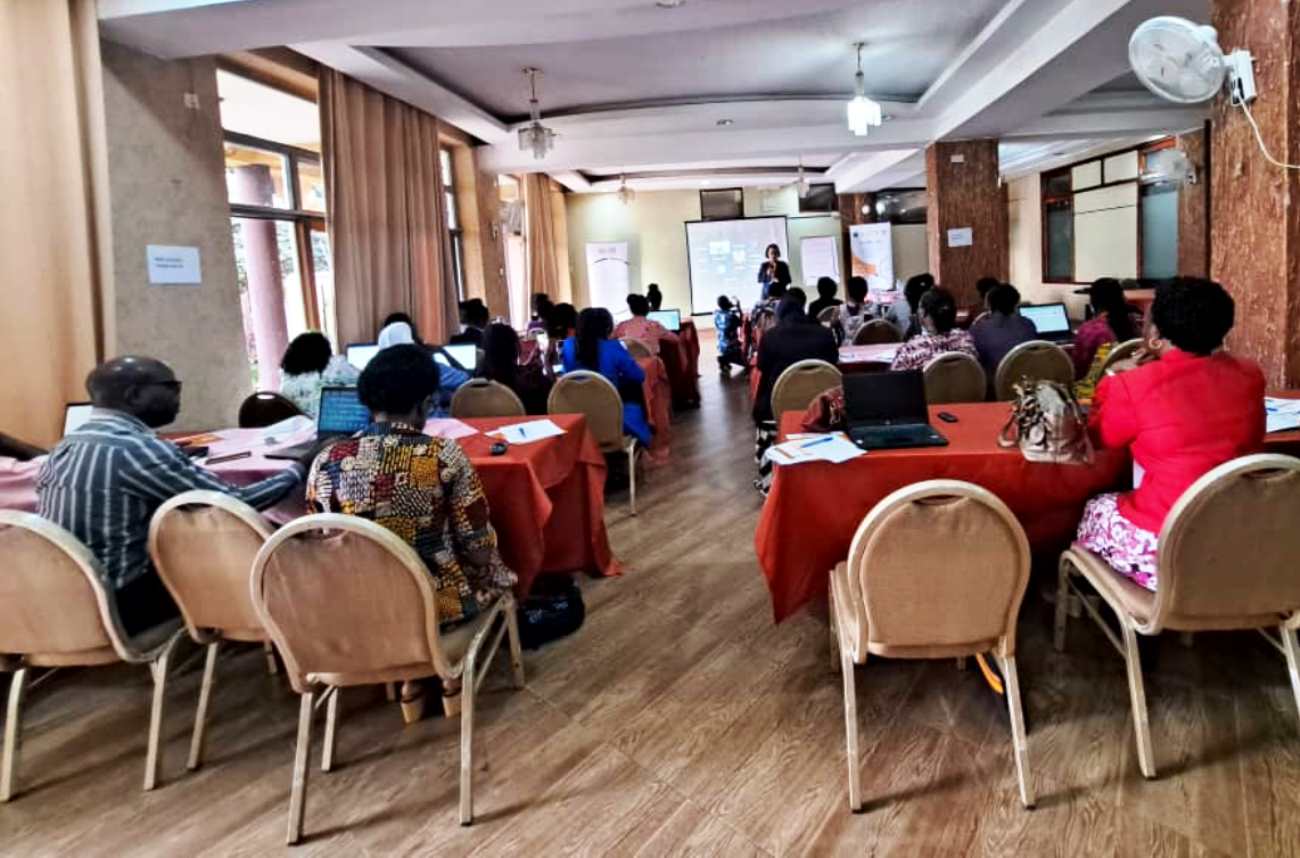Makerere to take lead in National Integrated Surveillance of Antimicrobial Resistance
Makerere University is to take lead in the implementation of an Integrated Surveillance of Antimicrobial resistance in Uganda. Uganda was selected by the World Health Organization (WHO) Advisory Group on Integrated Surveillance of Antimicrobial Resistance (AGISAR) to implement the two-year project entitled “movement pathways of antimicrobial agents and occurrence of antimicrobial resistance in humans, food producing animals and retail foods in Uganda”. The College of Veterinary Medicine, Animal Resources and Bio-security (CoVAB) will be at the forefront in the implementation of the project.
Speaking at the launch of the project on 17th March 2015 at Imperial Royale Hotel Kampala, the Deputy Vice Chancellor in charge of Academic Affairs, Dr. Ernest Okello-Ogwang hailed scientists from CoVAB for having won several competitive grants at national, regional and international level in the recent past. This particular project under WHO-AGISAR was written by Prof. Francis Ejobi, the Head of Department; Bio security, Ecosystems and Veterinary Public Health (BEP), resulting into Uganda being chosen by WHO-AGISAR to implement it. Dr. Okello Ogwang congratulated Prof. Ejobi for winning the competitive grant adding that it will go a long way in strengthening laboratory capacity at Makerere University in terms of conducting research that will guide policy making in the country.
 Anti-microbial resistance occurs when an antibiotic loses its ability to effectively control or kill bacterial growth; meaning that bacteria become 'resistant' and continue to multiply even when antibiotics have been applied either in humans or animals. The current high levels of antimicrobial resistance are attributed to overuse and misuse of antibiotics.
Anti-microbial resistance occurs when an antibiotic loses its ability to effectively control or kill bacterial growth; meaning that bacteria become 'resistant' and continue to multiply even when antibiotics have been applied either in humans or animals. The current high levels of antimicrobial resistance are attributed to overuse and misuse of antibiotics.
According to Dr. Awa Aidara-Kane who represented WHO at the launch, Antimicrobial Resistance is a global problem that requires a global approach due to extensive movement of people, animal and food around the world. She said that global surveillance and reliable data that can help to track this problem are necessary.
“This project is very important because we lack data from developing countries that can inform policy. We therefore need a multi-faceted, multi-disciplinary approach generated from different stakeholders against antimicrobial resistance. That is why WHO is giving seed money to Uganda and our wish is that work in this area will continue even after the 2 years come to an end. This pilot project must raise awareness through evidence-based data so that the government will feel the need to tackle this problem more systematically,” Dr. Aidara-Kane emphasized.
The Deputy Principal CoVAB, Dr. Jesca Nakavuma was happy to note that the project will contribute to capacity building at CoVAB. She urged the scientists on the project not to neglect the existing but scattered data on antimicrobial resistance in Uganda. She said that gathering this data and compiling a single detailed report will contribute to the findings of the project.
 Prof. Ejobi, noted that data collection is going to be a huge component of the project tasks.
Prof. Ejobi, noted that data collection is going to be a huge component of the project tasks.
“We shall generate data which shows the burden that Uganda is facing as a result of antimicrobial resistance so as to avail scientific evidence backing the need to contain this problem." Prof. Ejobi stressed, adding that his team will work hand-in-hand with the media to create awareness about the issue of antimicrobial resistance.
“We shall then hold a bigger workshop for all stakeholders and policy makers where we shall reveal the findings at the end of our 2-year period,” Prof. Ejobi said.
Prof. Paula Cray, a North Carolina State University-based specialist in population health and pathobiology will work closely with Prof. Ejobi and his team at CoVAB. She is the lead technical advisor on the project that is expected to be carried out in selected areas in Uganda and will involve the collection of samples from cattle, broiler chicken and children as well as meat products from supermarkets and butcheries.
It is hoped that through this project, inter-sectoral collaborations shall be strengthened and that awareness about the dangers of antimicrobial resistance shall be raised amongst the government. This may then ultimately put Uganda in a more informed position to develop a national program on integrated surveillance for resistance.
WHO has since 2011 been funding pilot projects of this nature across the world. In Africa, similar projects were conducted in Senegal, Burkina Faso, Kenya and now Uganda. Dr. Aidara-Kane expressed optimism that the project in Uganda will be as successful as the ones that have been conducted in other African countries.
 Key stakeholders present at the launch were National Drug Authority (NDA), Ministry of Agriculture, Animal Industries and Fisheries (MAAIF), Uganda Veterinary Association (UVA), AFRISA, National Council for Science and Technology (NCST), One Health Central and Eastern Africa (OHCEA) and International Livestock Research Institute (ILRI).
Key stakeholders present at the launch were National Drug Authority (NDA), Ministry of Agriculture, Animal Industries and Fisheries (MAAIF), Uganda Veterinary Association (UVA), AFRISA, National Council for Science and Technology (NCST), One Health Central and Eastern Africa (OHCEA) and International Livestock Research Institute (ILRI).
Representatives from the various organizations present were in agreement that their organizations had a role to play in the successful implementation of this project in Uganda. Dr. Aidara-Kane advised the stakeholders to work together and consider forming a national inter-sectoral taskforce against anti-microbial resistance, as was the case in Kenya.
Also present at the launch were Prof. John Opuda-Asibo, the Executive Director of National Council for Higher Education (NCHE). He gave the keynote address on anti-microbial resistance as an emerging threat to human and animal healthcare in the 21st Century. Dr. Patrick Bastiaensen, the Program Officer of the World Organization for Animal Health (OIE) East African sub-region was also present. He noted that lack of legislation against misuse of drugs in developing countries has played a big role in the rise of antimicrobial resistance.
Article by Jovia Musubika, CoVAB
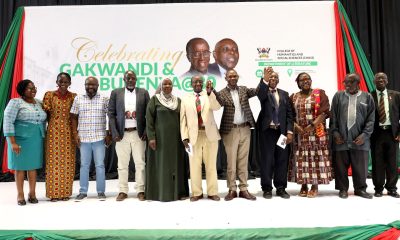
 Humanities & Social Sciences2 weeks ago
Humanities & Social Sciences2 weeks ago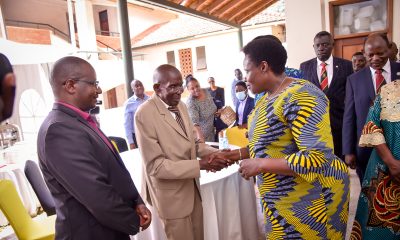
 General3 days ago
General3 days ago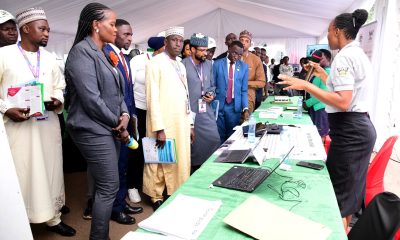
 Computing & IS2 days ago
Computing & IS2 days ago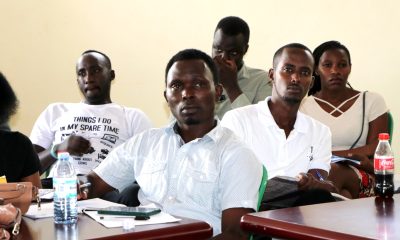
 Veterinary & Biosecurity1 week ago
Veterinary & Biosecurity1 week ago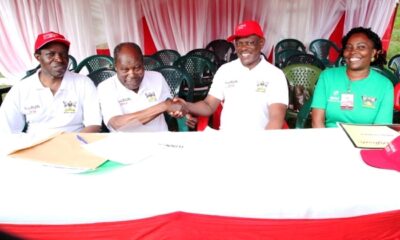
 General3 days ago
General3 days ago